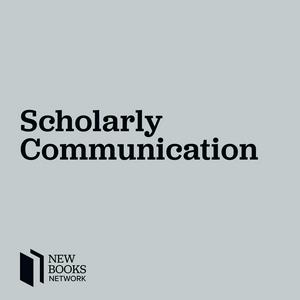Project Management for Researchers
Our book is: Project Management for Researchers: A Practical, Stress-Free Guide to Getting Organized (U Michigan Press, 2025), by Dr. Shiri Noy, which tackles the how, what, and why of project management. It offers step-by-step guidance on choosing tools and developing a personalized system that will help the reader manage and organize their research so that steps and decisions are documented for accountability and reproducibility. Readers will find worksheets they can adapt to their own needs, priorities, and research as well as practical tips on issues ranging from emails to scheduling. Suitable for work across methods, experience levels, and disciplines and adaptable for those working alone, with others, or as team managers, this book will guide readers between various research stages–from planning, to execution, to adjustment of research projects big and small.
The worksheets discussed in the episode can be found here.
Our guest is: Dr. Shiri Noy, who is Associate Professor of Sociology at Denison University. Her research and teaching interests are primarily in political sociology, and centered on development, science and religion, and mixed methods. She is the author of Banking on Health: The World Bank and Health Sector Reform in Latin America, and Project Management for Researchers: A Practical, Stress-Free Guide to Getting Organized.
Our host is: Dr. Christina Gessler, who is the creator and executive producer of the Academic Life podcast.
Listeners may enjoy this playlist:
The Grant Writing Guide
Where Does Research Begin?
Getting from to-do to done!
Imposter Syndrome
Attention Skills
Dealing with Rejection
The Dissertation to Book Workbook
Stylish Academic Writing
The Book Proposal Book
Welcome to Academic Life, the podcast for your academic journey—and beyond! You can support the show by downloading or sharing episodes. Join us again to learn from more experts inside and outside the academy, and around the world. Missed any of the 250+ Academic Life episodes? Find them here. And thank you for listening!
Learn more about your ad choices. Visit megaphone.fm/adchoices
